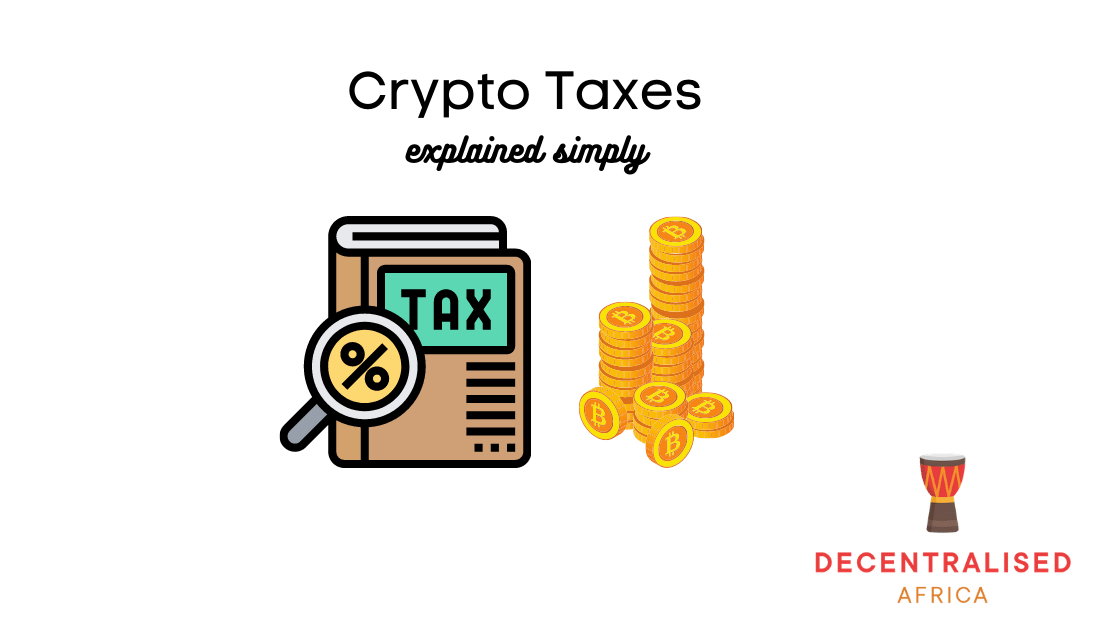
To put things into perspective, it’s important to briefly explore what digital assets are, or what they deemed to be, according to entities such as the SEC. In a recent complaint filed by the aforementioned against Ripple Labs, Inc. – the term “digital asset” or “digital token” was defined as generally referring to an asset issued and/or transferred using distributed ledger or blockchain technology, including assets sometimes referred to as “cryptocurrencies,” “virtual currencies,” digital “coins,” and digital “tokens.”
Digital tokens may be traded on cryptocurrency exchanges in exchange for other digital assets or fiat currency (legal tender issued by a country), at times by being allocated to investors’ accounts in the records of the platform (i.e., “off-chain”), without necessarily being transferred from one blockchain address to another (i.e., “on-chain”).
Some digital assets may be “native tokens” to a particular blockchain. Like other “digital tokens,” native tokens may also be sold and traded for consideration. For in-depth reading on asset tokenization, we recommend Tokenized Trillions – The Digitization of Real-World Assets Using Blockchain Technology.
Now that we have clarity on what digital assets are, we can rightfully explore…
The Digital Asset Tax Framework
There are plans in many countries to introduce crypto legislation in areas such as taxation. With the increase in transactions in digital currencies, most governments see the need to introduce taxes on such activities. For instance, in the United States of America, the Internal Revenue Services (IRS) has a policy frame for cryptocurrency taxes. Many institutions have published recommendations and put forth points for consideration when it comes to countries regulating the crypto industry such as the OECD Centre for Tax Policy and Administration’s publication, Taxing Virtual Currencies.
In this article, we discuss the broad outline of how some countries will implement taxation on cryptocurrency transactions. This is because, currently, there is no single position for countries to adopt. Governments impose taxes on exchange transactions, mining rewards, staking, disposal of assets and employee remunerations.
Mining
People and companies create cryptocurrencies through mining, airdrops, and ICOs. Some countries impose tax on the units of a cryptocurrency that an individual gets through mining, airdrops or ICOs. This is because the person has received an income.
Therefore, each miner should report the value of cryptocurrencies he/she receives through any of these means. Specifically, the person uses the value of the bitcoin or any cryptocurrency on the day he/she earns them. The amount is stated in United States dollars or any approved currency depending on the country.
For example, if Mark, through mining, earns 0.1 bitcoin per day, he converts them to dollars. If the rate of bitcoin on that day is $30 000, then 0.1 BTC is equivalent to $3 000, his daily earning. Using this method, Mark can add up his monthly taxable income from mining cryptocurrencies.
Payments
Any payments which people make in bitcoins or any other cryptocurrencies are liable for tax deductions. Therefore, companies that receive payments for goods and services in the form of cryptocurrencies should include that amount in their taxable income. Above this, organisations that pay employees’ salaries, wages or fringe benefits in cryptocurrencies should report those for tax deductions.
It is important to note that merchants and employers should use the rate of the cryptocurrency as at the time of payment. The tax brackets and other conditions for cryptocurrencies would be the same for the fiat currency.
For example, Steward has 2 BTC and wants to buy a vehicle worth $40 000 when the exchange rate is 1 BTC = $30 000. However, he purchased the BTC at a rate of $9 000 each. In order to buy the vehicle Steward disposes 2 BTC which are equivalent to $60 000. He should report $60 000 – $18 000, which is $42 000 for tax purposes. $18 000 is his total purchase price or cost.
Trading on exchange platforms
When someone disposes cryptocurrencies through exchanges or selling to individuals, they should declare them for tax purposes. Even when someone exchanges cryptocurrencies at an exchange, he/she should report that to tax authorities. For example, when an individual exchanges Bitcoin for Ethereum that constitutes a sale. However, a person reports only the difference between the values of the two coins for capital gain tax.
The formula for capital gain is:
Capital gain/loss = Fair Market Value – Cost Basis.
For example, Martin bought 0.5 ETH at $600. He holds the ETH for five months then exchanges it for BTC at a value of $1 000.
Here, the capital gain is $1 000 minus $600, which is $400. Therefore, Martin reports $400 for tax purposes.
Disposal of cryptocurrencies without transactions
Sometimes, people exchange cryptocurrencies without sale of goods or services. Examples of such disposal include donations and inheritance. People also face risks of loss or theft of cryptocurrencies. Governments treat these events differently. For example, some countries levy taxes on donations while others do not.
Regarding inheritance of cryptocurrencies, some governments levy taxes in a similar way to other assets or properties such as houses and vehicles.
When people lose their cryptocurrencies because of theft or loss of private keys, governments act differently. In some countries, such as Australia and the United Kingdom, the owners may claim capital losses, if they have tangible proof for theft or loss of private keys. In such cases, the people do not pay tax, instead they claim losses.
Property taxes
Many countries treat cryptocurrencies as property or assets. Therefore, upon their disposal people pay capital gain taxes, according to the legislations of their countries. They calculate their tax gains/losses in a similar way they do when they exchange one cryptocurrency for another.
Capital gain/loss = Fair Market Value – Cost Basis.
Most countries that levy property taxes such as Belgium, Brazil, Bulgaria, Denmark, Finland, France, Germany, Iceland, Ireland, Korea, Netherlands, Spain, the United Kingdom and the United States levy capital gains taxes.
Staking
People who stake cryptocurrencies earn rewards in return. Of which some countries regard these rewards as ordinary income, thereby taxing citizens in the same manner as interest on investments. The good thing is that some exchanges provide users with up-to-date reports for tax.
Conclusion
In summary, many governments are planning to introduce taxes on cryptocurrencies. This article has touched on how some may levy these taxes. The future will tell exactly how each country will localize their cryptocurrency taxation systems.
You can find tools to help you with your crypto taxes on our resources tab in the Tax Accounting section.






